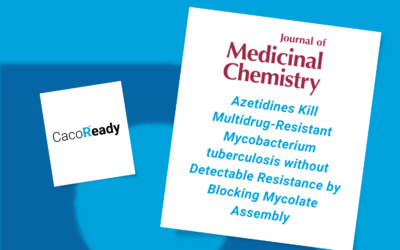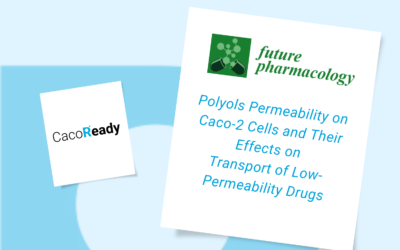Clinical evidence revealed that multi-drug resistance (MDR) is one of the major pharmacological challenges to obtain the required cytotoxic effect in tumoral cells compared to their healthy counterparts.
Resistance of cancer cells against chemotherapeutics may occur by several cellular mechanisms, such as apoptosis inhibition, alteration in cellular metabolism, epigenetics, and increase of genetic repair. One of the most implicated and studied mechanisms of MDR is resulting from cellular membrane transporters’ overexpression, which interferes with cellular metabolism.
Specifically, in the case of transmembrane efflux transporters, an increased removal of intracellular xenobiotic compounds is observed in tumoral cells, which affects relevantly the chemotherapeutic action, decreasing the cytotoxic effect in the cancer cells compared to normal cells.
Pharmacologists have identified the main efflux transporters that expel compounds from the intracellular space, whose relevance is due to their affinity to a diverse spectrum of currently used anticancer agents.
- P-gp transporter, Expressed in kidneys, liver, intestine, pancreas, placenta and adrenal glands, Expulses a wide variety of compounds including vinca alkaloids, anthracylines, epipodophyllotoxins and taxanes.
- MRP1 transmembrane protein is localized in the cells plasma membrane of the intestine, liver and kidney, as well as the blood-brain. The substrate selectivity of MRP1 is quite broad, allowing MRP1 to confer resistance to anthracyclines, epipodophyllotoxins, vinca alkaloids, and camptothecins.
- BCRP receptor is present mainly in the plasma membrane of cells that comprise the placenta, small intestine, prostate, brain, liver and ovaries. BCRP induces resistance to cancer treatments such as topotecan, irinotecan and mitoxantrone.
Scientists concur that developing anticancer agents with low interaction with these efflux transporters would prolong the cytotoxic mechanism of action inside the tumoral cells. For this purpose, it is recommended to collect preliminary information related to the affinity of the relevant efflux transporters during early preclinical stages.
A suitable option to consider is to test receptor metabolism with specific in vitro cell-based kits. ReadyCell’s PreadyPort ready to use in vitro kit, is based on transfected MDCK II cells overexpressing relevant efflux transporters such as BCRP and Pgp.
In case you require additional information, visit our product portfolio specialized in pharmacological relevant transporters and discuss with our scientists at reagents@readycell.com.





